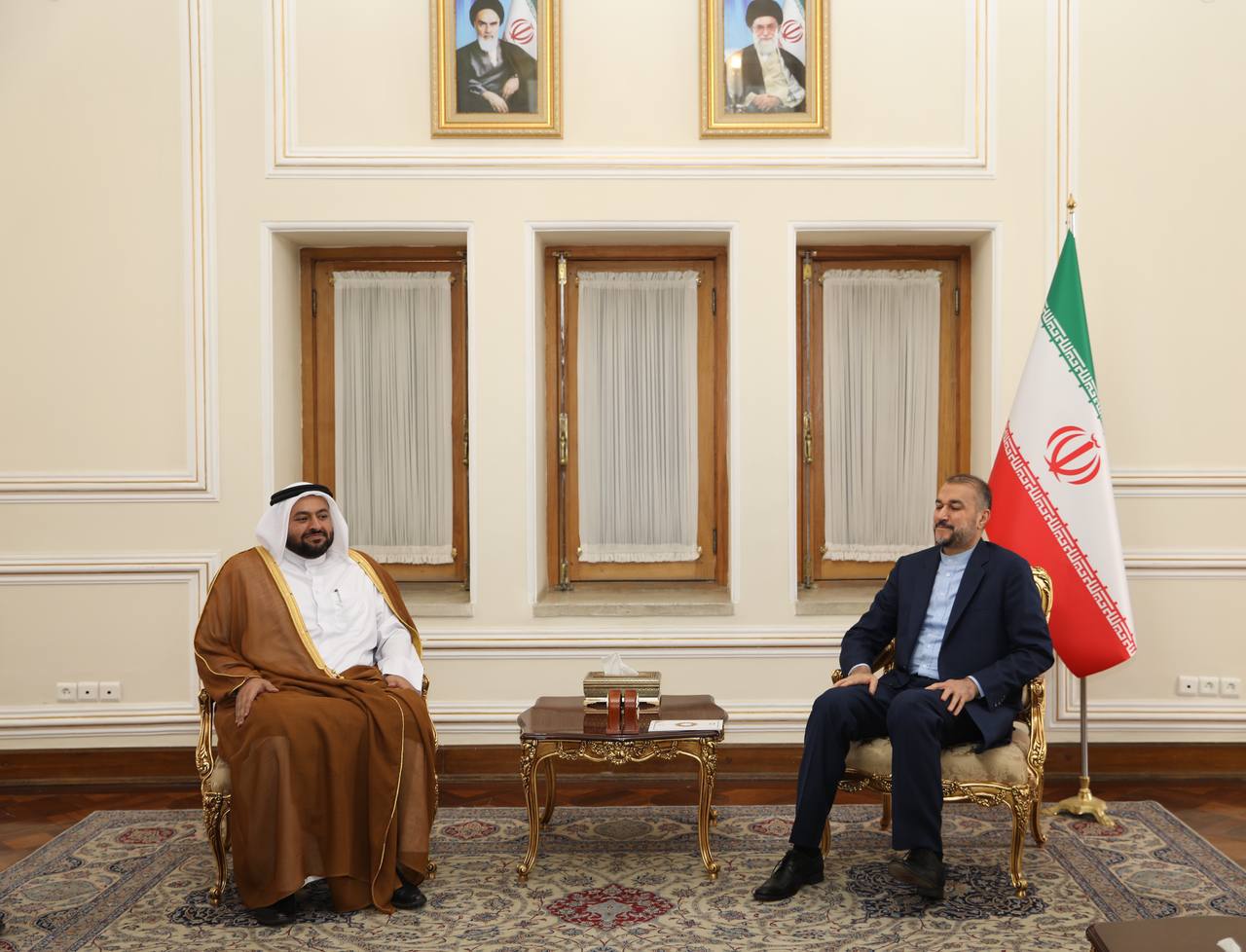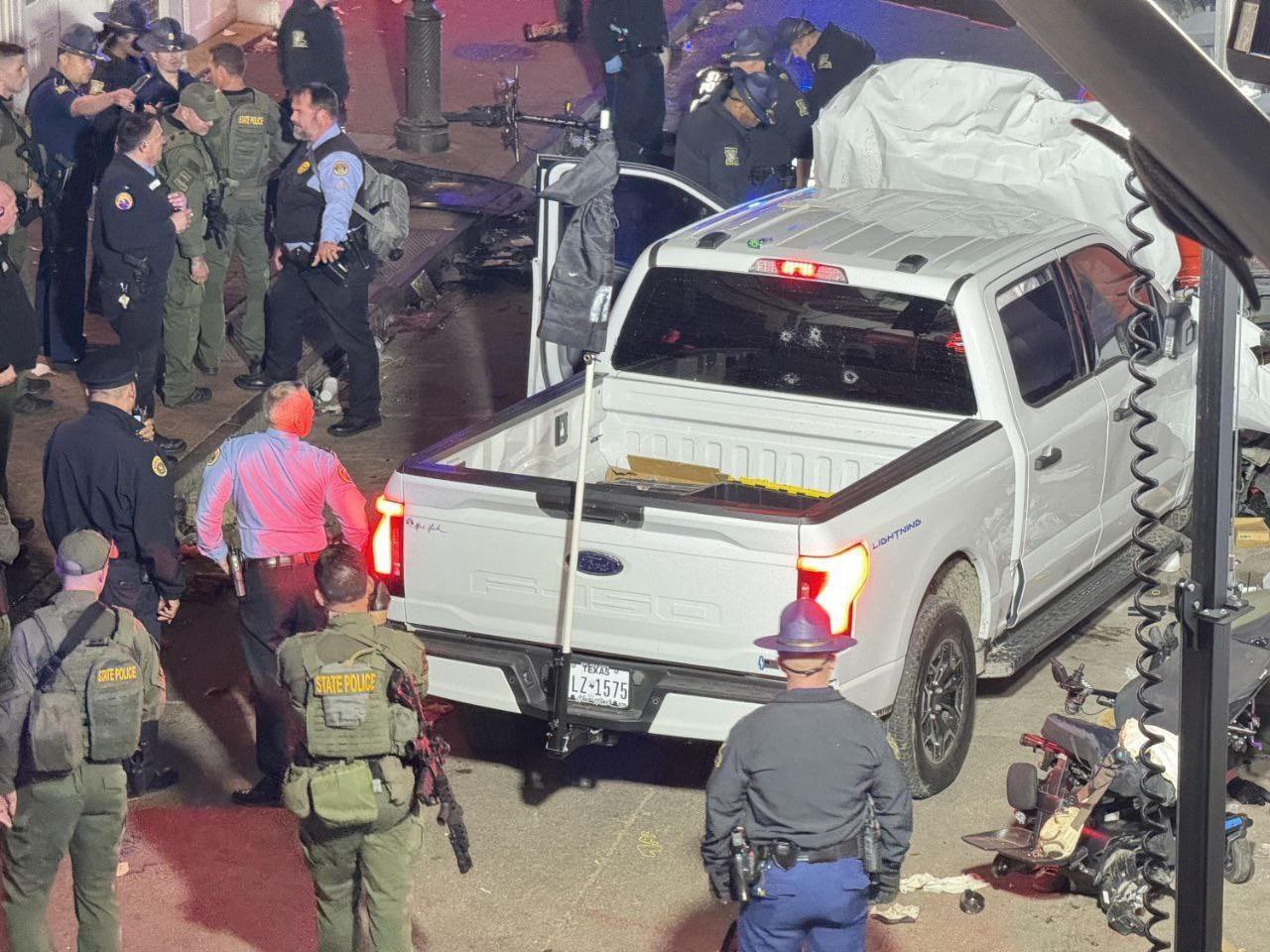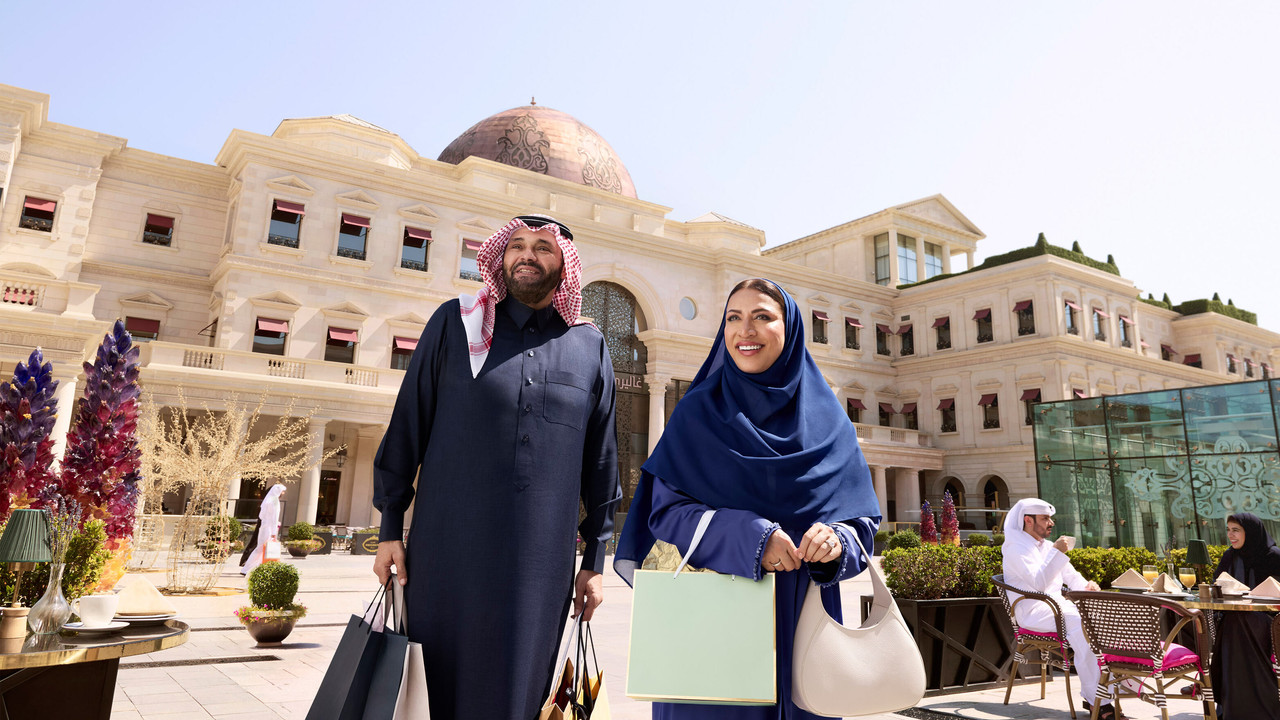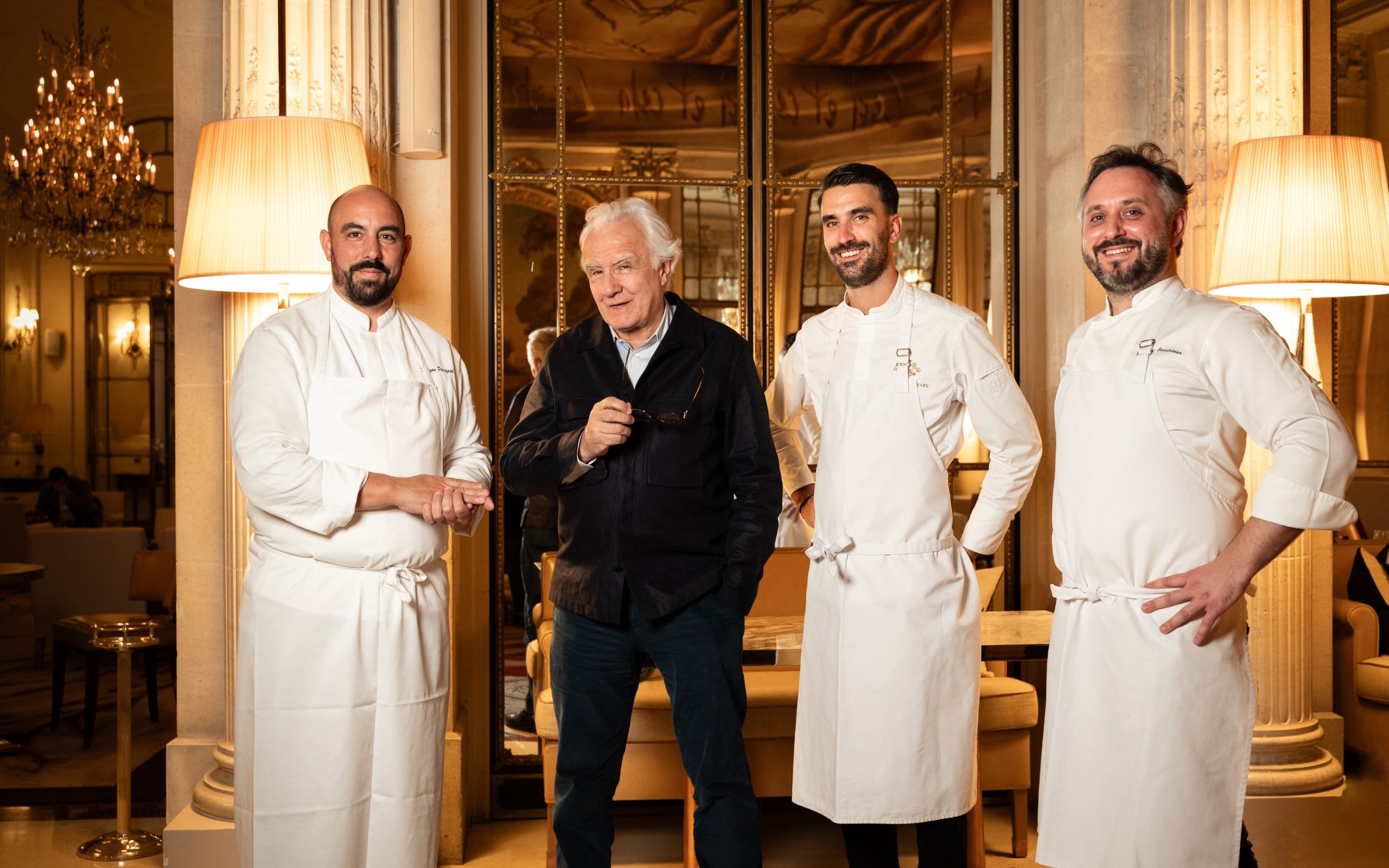During his interview with Al Jazeera, the Iranian foreign minister warned that “the door to dialogue” to revive the nuclear deal could close.
Iran praised Qatar’s diplomatic efforts on Monday while confirming the Gulf state’s role in talks over the exchange of prisoners as well as the revival of the 2015 nuclear deal.
“Qatar is always moving in the right track and has played a role in the prisoner exchange talks and the nuclear deal,” Hossein Amir-Abdollahian, Iran’s Foreign Minister, told Al Jazeera.
The interview took place during the visit of Qatar’s Minister of State at the Ministry of Foreign Affairs Dr. Mohammed Al Khulaifi to Tehran, where he met with Amir-Abdollahian.
In a statement, Qatar’s foreign ministry said the meeting dealt with bilateral cooperation and talks aimed at restoring the 2015 nuclear deal, formally known as the Joint Comprehensive Plan of Action (JCPOA).
Dr. Al Khulaifi also met with Iran’s Secretary of the Supreme National Security Council Ali Shamkhani.
The Iranian foreign minister’s remarks further confirmed Qatar’s role in the indirect talks between rivals Tehran and Washington over the prisoner exchange.
The issue of the prisoner swap has been at the centre of the stalled nuclear talks, though Tehran has ruled out using prisoner swaps as a precondition to restore the JCPOA.
The Financial Times reported this month that Qatar helped facilitate talks over the potential prisoner swap in September last year, at the time of the United Nations General Assembly.
A month after the reported meeting in New York, Tehran temporarily released Iranian-American businessman Siamak Namazi and lifted a travel ban on his father.
Both the father and the son received a 10-year prison sentence in 2016 and were convicted of espionage.
Other reports also pointed to a plan that would see the US release more than $7 billion of Iran’s money that had been frozen in South Korean banks in exchange for the release of the prisoners.
According to the potential agreement, Qatar is likely participate by helping with the money transfer.
Iranian funds were frozen following Washington’s unilateral withdrawal from the JCPOA under the former Donald Trump administration in 2018 in a bid to apply “maximum pressure” on Iran.
Reports also said the United Kingdom is also mediating alongside Qatar in the indirect talks on the matter, with each country representing Tehran and Washington.
Earlier this month, Amir-Abdollahian suggested a prisoner exchange deal with the US is imminent.
However, a spokesperson for the White House National Security Council denied that any agreement was reached.
“Unfortunately, Iranian officials will not hesitate to make things up, and the latest cruel claim will cause more heartache for the families of Siamak Namazi, Emad Sharghi, and Morad Tahbaz,” the Washington official said, referring to the three dual citizens.
Dialogue won’t remain open
During his interview with Al Jazeera, the Iranian foreign minister warned that “the door to dialogue” over the JCPOA’s return could close.
“There is a law proposal in parliament to put a ceiling on nuclear negotiations and the door to dialogue will not remain open,” he told the Qatar-based broadcaster.
Qatar has served as the interlocutor between the US and Tehran in the nuclear talks and has repeatedly stressed the need for the return of the JCPOA.
Talks over the revival of the JCPOA initially started in 2021 in Vienna but yielded no results. Qatar stepped in last year by hosting another round of talks in its capital.
Tensions between the US and Iran increased as the former continued to impose further sanctions on Tehran, citing its support for Russia and last year’s crackdown on protesters in the Islamic Republic.







